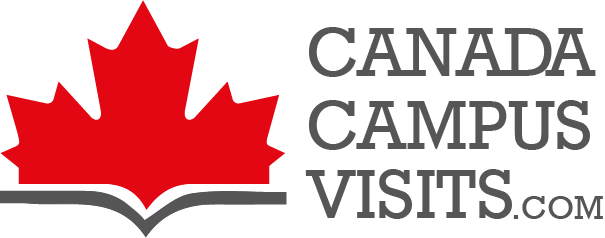Source: Government of Canada
Canada introduced their Student Direct Stream (SDS) in 2018 in order to process study permit applications from certain countries faster. At the time, international students from only China, India, Vietnam, and the Philippines were eligible. A year later Morocco, Pakistan, and Senegal were added to the list. Seven more countries were added to the list recently bringing the total to 14.
Students applying through the SDS are asked to provide extra information when they apply. This enables officers to better assess their application and process it faster than a non-SDS application.
In 2019, Canada issued 16,000 study permits to students from the newly eligible countries. In fact Brazil and Columbia were responsible for 10,000 and 4,400 respectively.
Minister of Immigration, Refugees and Citizenship Marco Mendicino said, “By expanding the Student Direct Stream to a more diverse range of prospective students, we have great optimism that international education will recover, and indeed flourish, as Canada emerges from the pandemic.”








